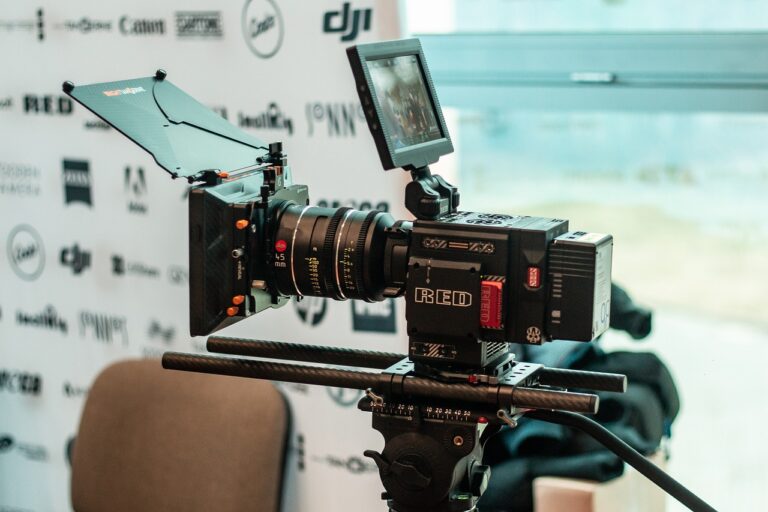The Role of Sound Designers in Live Theater Productions: 11xplay reddy login registration, Gold365 login, Skyfairs new id
11xplay reddy login registration, gold365 login, Skyfairs New ID: Sound designers play a crucial role in bringing live theater productions to life. Their expertise in creating and manipulating sound effects, music, and other audio elements helps to enhance the overall experience for audiences. In this article, we will explore the important role that sound designers play in live theater productions.
Creating Atmosphere and Setting the Mood
One of the primary functions of a sound designer is to create the right atmosphere and set the mood for a live theater production. Sound effects such as background noise, ambient sounds, and music can all help to transport audiences to the world of the play and enhance the emotional impact of the performance.
Enhancing Performances with Sound Effects
Sound designers are responsible for creating and integrating sound effects into live theater productions to enhance performances. Whether it’s the sound of a thunderstorm, a creaking door, or a ticking clock, sound effects help to create a more immersive experience for audiences and add depth to the storytelling.
Collaborating with Directors and Design Teams
Sound designers work closely with directors, other designers, and technical teams to ensure that the sound design complements the overall vision of the production. They collaborate with lighting designers, set designers, and costume designers to create a cohesive and unified sensory experience for audiences.
Technical Expertise and Equipment
Sound designers must have a strong understanding of sound equipment and technology to create and manipulate sound effectively in live theater productions. They work with microphones, speakers, mixing boards, and other audio equipment to achieve the desired sound effects and levels.
Balancing Sound Levels and Mixing
A key aspect of a sound designer’s role is to balance sound levels and mix different audio elements to create a cohesive and well-rounded sound experience for audiences. They must ensure that dialogue, music, and sound effects are all balanced correctly and blend seamlessly together.
Creating Original Soundtracks and Music
In addition to integrating existing music and sound effects into live theater productions, sound designers may also compose original soundtracks and music for a play. This creative element allows sound designers to further enhance the storytelling and emotional impact of a performance.
FAQs
Q: What qualifications do you need to become a sound designer for live theater productions?
A: Sound designers typically have a background in audio engineering, music production, or sound design. Many also have experience working in theater or other live performance settings.
Q: How do you create sound effects for live theater productions?
A: Sound designers use a variety of techniques to create sound effects, including recorded sounds, live Foley effects, and digital sound manipulation. They may also use musical instruments or voice actors to create unique sounds.
Q: What is the difference between a sound designer and a sound engineer in live theater?
A: Sound designers are responsible for creating the overall sound design and concept for a production, while sound engineers are responsible for executing and operating the technical aspects of the sound design during performances.







